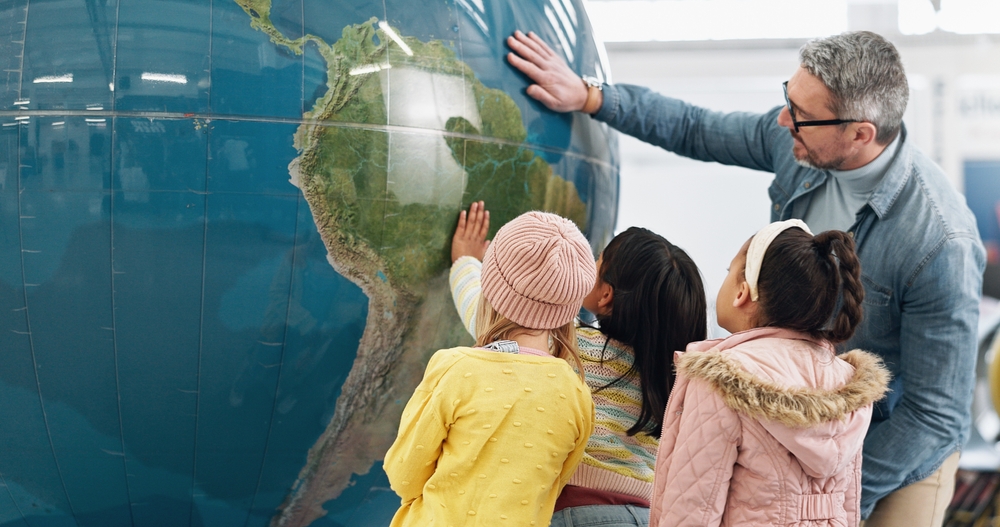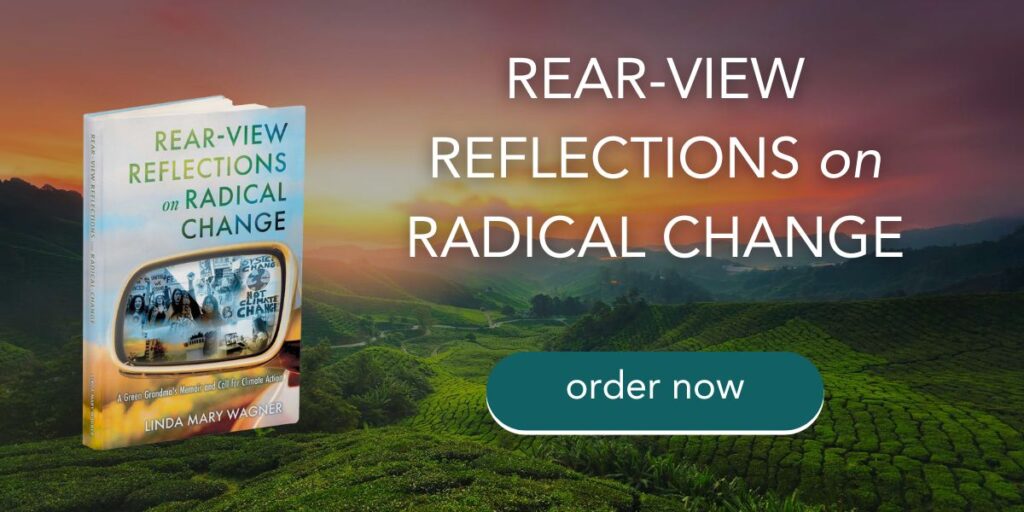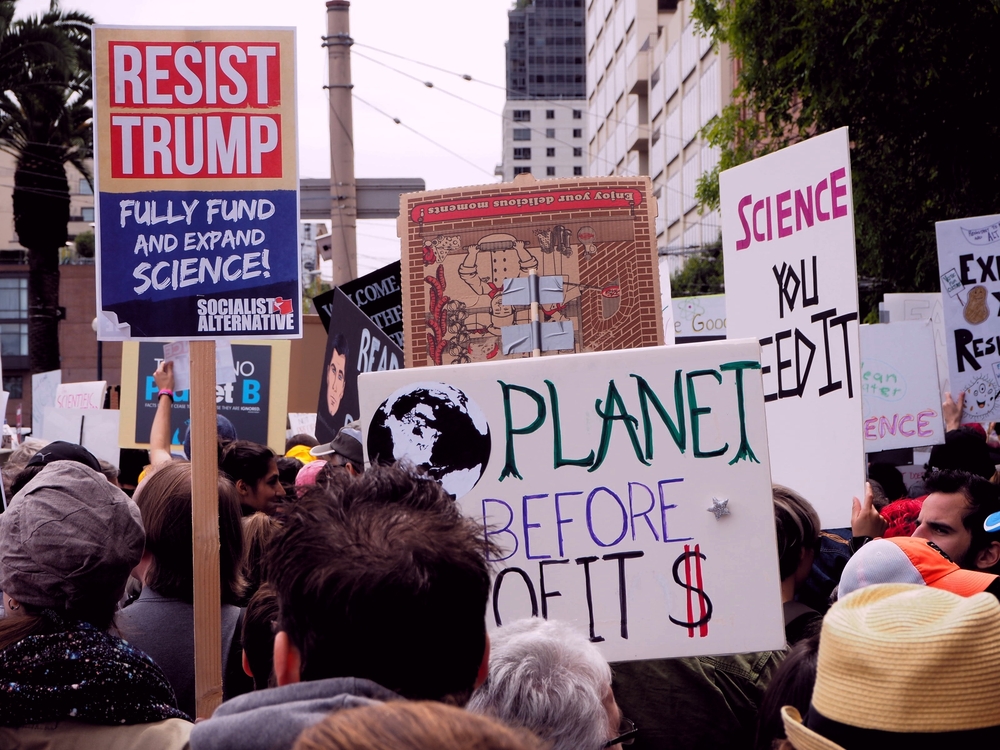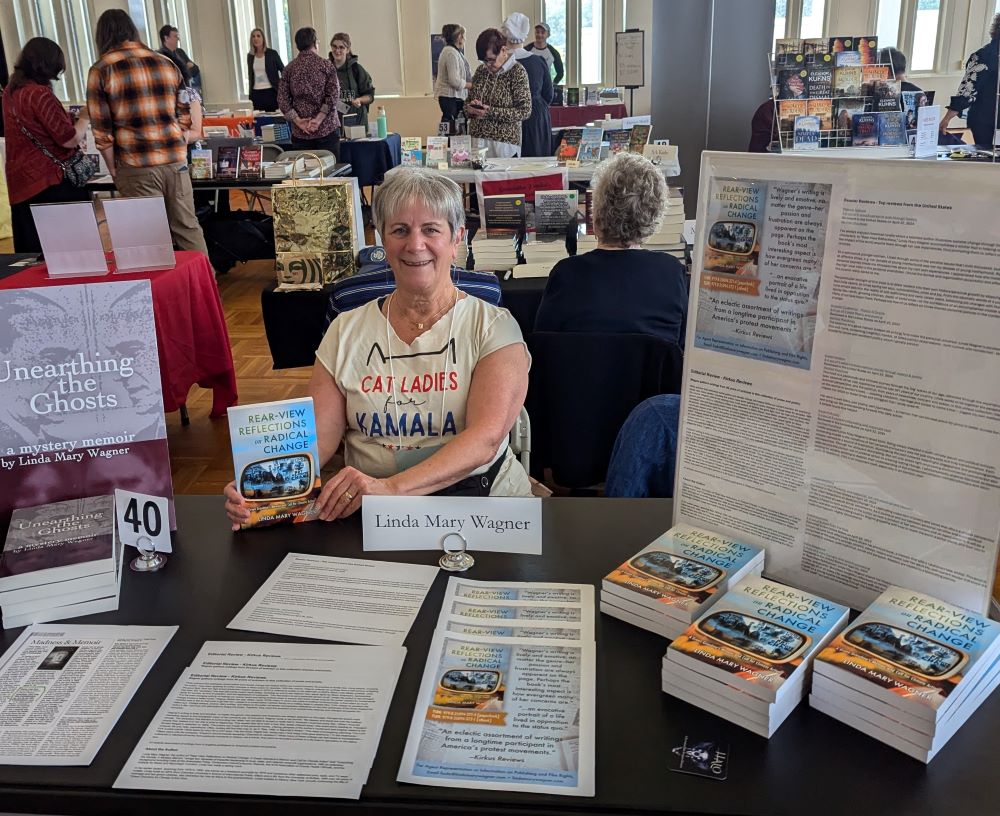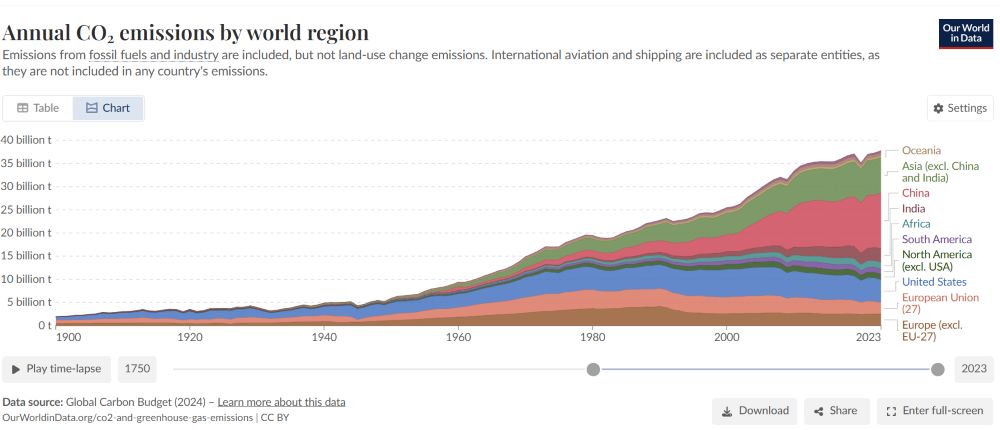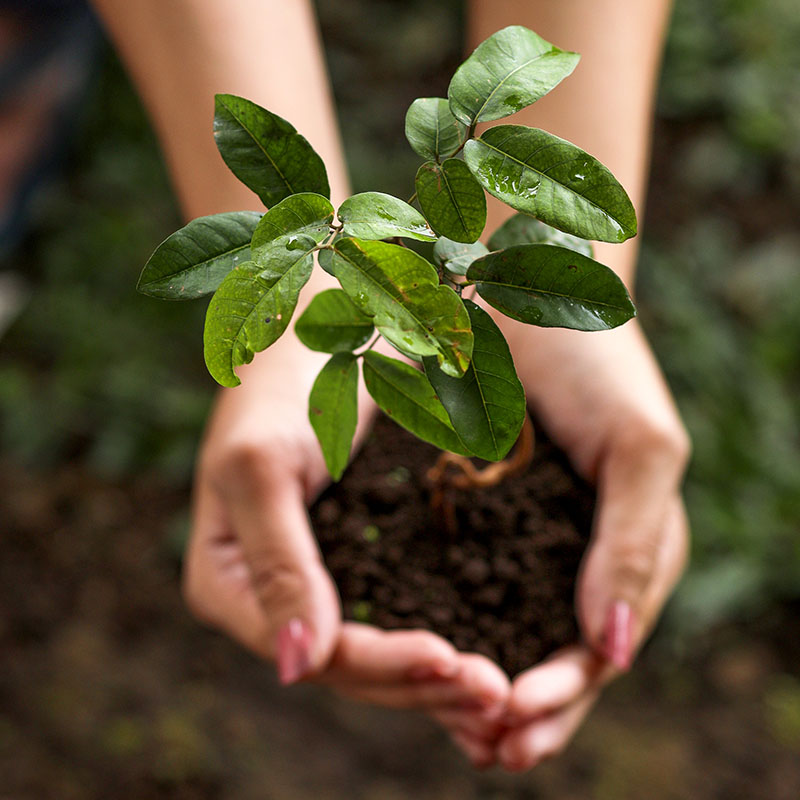This past week was Teacher Appreciation Week, and I want to celebrate all those who teach children, students, and adults about climate change.
As EarthDay.org points out, CLIMATE AND ENVIRONMENTAL LITERACY are crucial to the radical changes we need to make to battle the climate crisis. “Such education empowers informed decision-making, active civic engagement, and urgency in addressing pressing issues. By shaping policy, encouraging sustainable lifestyles, and cultivating stewards, advocates play a vital role in building a sustainable and resilient future.”
EarthDay.org offers many tools for climate education, including:
- Curriculum packets for teachers in elementary, middle, and high schools.
- Toolkits and newsletters that can be used in schools and by organizations or individuals who want to education any age group about climate change.
- An Interactive Map that illustrates the status of education policy, issues, and action, in any state in the USA.
Corporate Propaganda on Climate Change in Schools
One reason that free materials like these are so crucial for educators is the outsize influence that wealthy oil, gas, and coal industries are having in our schools. A recent report in Rolling Stone and the Drilled climate news site sums up that impact in “How the Oil and Gas Industry Smuggles Corporate Propaganda into Schools.”
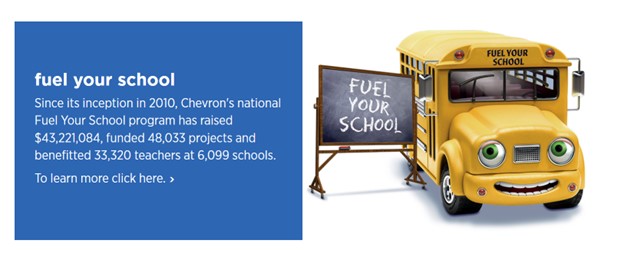
As writer Molly Taft explains, the fossil fuel industry’s materials are funneled through a company called Discovery Education, whose website says that more than half of American classrooms use their materials.
“American schools have long been a place where private influences, including fossil fuel groups like API, have pushed their messaging and advertised their brands. Yet the Discovery Education programming provides a remarkably efficient new model for companies to try and influence children. Through corporate-friendly programs like its STEM Careers Coalition, Discovery Education is able to distribute material branded by Chevron, API, DuPont, Boeing, and PepsiCo Foundation directly to millions of students via curricula, activities, and ‘virtual field trips.’”
In the end we will conserve only what we love; we will love only what we understand; and we will understand only what we are taught.
— Baba Dioum, Senegalese forestry engineer
Books That Teach about Climate Change
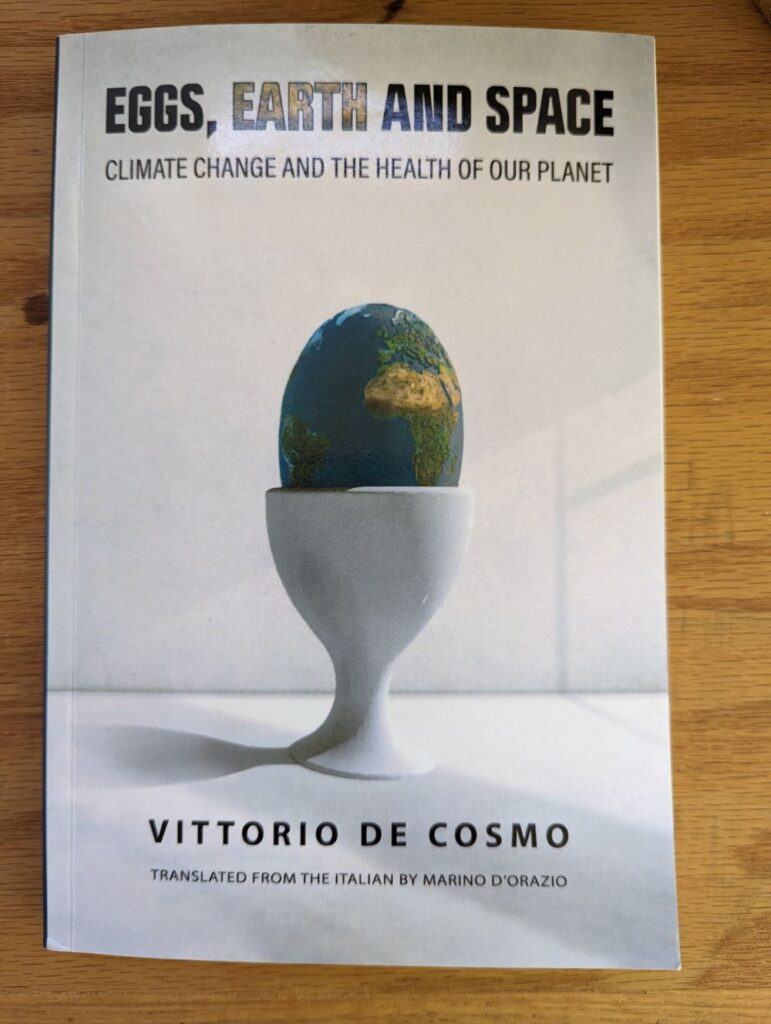
I am currently in the midst of reading Eggs, Earth and Space: Climate Change and the Health of Our Planet, an award-winning book written by Italian scientist Vittorio De Cosmo, translated into English by an Italian-American college professor, Marino D’Orazio. A high school science teacher will find this book a clever way to involve students in climate education if they suffer through scientific graphs and charts, given this description: “The adventures of two young stowaways on the International Space Station provides the framework for the author’s thorough scientific analysis – made possible above all by data obtained from space exploration and experiments – of how the Earth operates as a system, the dangers she faces, and how we humans can heal her and ourselves.”
The book offers a step-by-step guide through the complex science that explains how the burning of fossil fuels and other human activities have created the climate crisis that we now face.
There are dozens of other good books that provide an education on various aspects of climate change, including history, science, and potential solutions. These lists offer a selection of some options:
- WorldCat, a union catalog that itemizes the book collections of tens of thousands of institutions, reached out to noted climate activists to develop this list of their favorite books on Climate Action.
- Want to read more books about climate change? Try this list.
Good Podcasts for Climate Change Listening
Are you, your children, or your students more likely to listen than read? There is a host of podcasts that educate and inform about climate change challenges and solutions. I was recently interviewed on one such podcast that originates from the Centre for Climate Safety in eastern Australia called The Sustainable Hour.

- From Earth.org: 23 Best Environmental Podcasts of 2024
- The Euro-Mediterranean Center on Climate Change (CMCC) offers “Our favourite podcasts on climate change (and beyond).”
- From NPR: “Looking for innovative climate solutions? Check out these 8 podcasts”
Other Reliable Sources
Last, but hopefully not least, my website offers a long list of places where you can find reliable information about climate change. Many of these address numerous ways we can battle the excessive greenhouse gases that fossil fuels, corporate agriculture, and other human activities are creating – all of which lead to the climate crisis.

